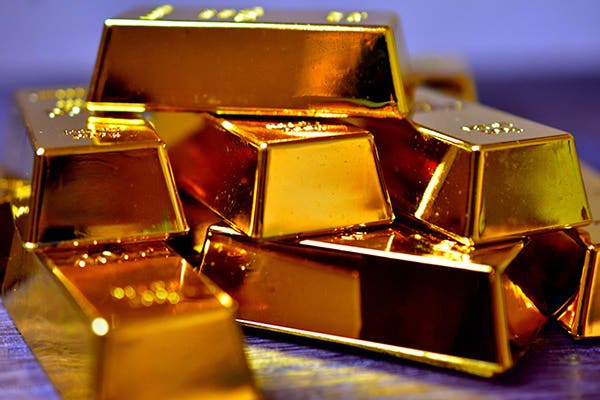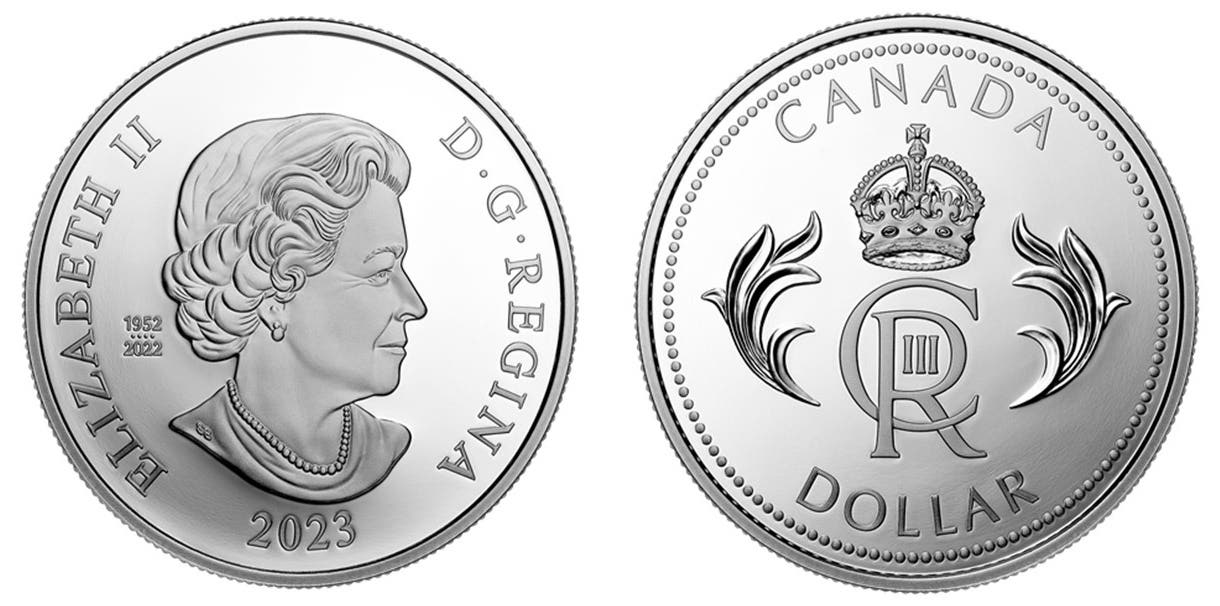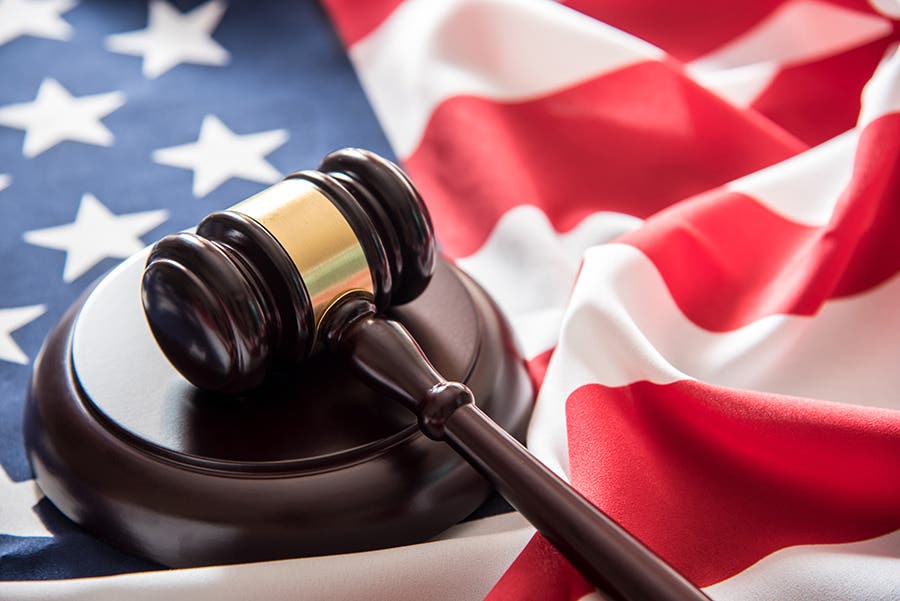Students Should Consider Coin Dealer Employment
Over the decades, the company where I work has hired dozens of middle school, high school and college students. About half of them have gone on to entrepreneurial careers. Several…
Over the decades, the company where I work has hired dozens of middle school, high school and college students. About half of them have gone on to entrepreneurial careers. Several have become coin dealers either at this company or elsewhere. Others have become a certified public accountant, attorney, international sales, bank loan officer, florist or jeweler. The percentage of student employees who have gone on to entrepreneurial careers is many times higher than the overall average.
As we come to the end of another academic year, several students will be looking for seasonal or indefinite employment. Many unskilled or low-skilled positions for which they might apply only involve the use of limited skills or knowledge, such as how to operate a cash register, bussing tables at a restaurant, doing yard work or stocking shelves.
Might I suggest that being able to work at a coin dealership could prove more beneficial in the future to students than jobs where you might feel like you are only part of an assembly line.
Most businesses generate revenues in only one direction. To work at a coin dealership, an employee needs to have greater mental agility. Depending on the specific company, an employee might be called upon to either buy or sell, to work with retail or wholesale customers, in an environment where the inventory needs or cash flow requirements of the business are constantly changing, and where precious metals products can often experience 20,000 price changes during a day.
Further, employees at a coin dealership are exposed to history and art, involve the use of precise math skills, exposure to other languages (such as the Latin phrase, “E Pluribus Unum”) and can involve handling small objects of high value. Like many other industries, student employees will almost certainly be able to develop their “people” skills. Employees at my company and others often bond their employees, which may help someone seeking employment elsewhere later on.
There are many lifelong coin dealers who first worked in the industry while they were students. If they become numismatists at a young age, the knowledge they accumulate may give them a jump-start toward an advanced rather than an entry-level position at a coin dealership.
A personal reflection:
Back in the 1960s, a weekly coin newspaper ran an article about a teenager who was operating his own coin dealership. When I read that article, my mind latched onto that as a possible career for me. In 10th grade at my high school, the students in English class had to write a term paper on what career they were considering. In my mind, it did not feel “right” to say I had an interest in being a coin dealer. So, I wrote about one of my other interests at the time: becoming a meteorologist.
You cannot go to college to pursue a degree in being a coin dealer. But I earned a degree in business administration. Along the way, I found accounting courses to be quite easy. I also learned that certified public accountants (CPAs) tended to have good incomes. So, for the first seven years after college graduation, I worked as a CPA. As my income started to rise, I became a patron of the company I would later own and where I still work.
By the way, three years ago I finally met this former teenager whose story I read about in the 1960s – when we were both walking the floor at a major coin show.
It has been my honor and privilege to hire and work with so many student employees over the decades. The current owner of the company where I work started working for me sorting Lincoln cents when he was 14. Obviously, taking an entry job at a coin dealership, for him, definitely paid off.
Patrick A. Heller was honored as a 2019 FUN Numismatic Ambassador. He is also the recipient of the American Numismatic Association 2018 Glenn Smedley Memorial Service Award, 2017 Exemplary Service Award, 2012 Harry Forman National Dealer of the Year Award and 2008 Presidential Award. Over the years, he has also been honored by the Numismatic Literary Guild (including twice in 2020), Professional Numismatists Guild, Industry Council for Tangible Assets and the Michigan State Numismatic Society. He is the communications officer of Liberty Coin Service in Lansing, Mich., and writes Liberty’s Outlook, a monthly newsletter on rare coins and precious metals subjects. Past newsletter issues can be viewed at www.libertycoinservice.com. Some of his radio commentaries titled “Things You ‘Know’ That Just Aren’t So, And Important News You Need To Know” can be heard at 8:45 a.m. Wednesday and Friday mornings on 1320-AM WILS in Lansing (which streams live and becomes part of the audio archives posted at www.1320wils.com).








